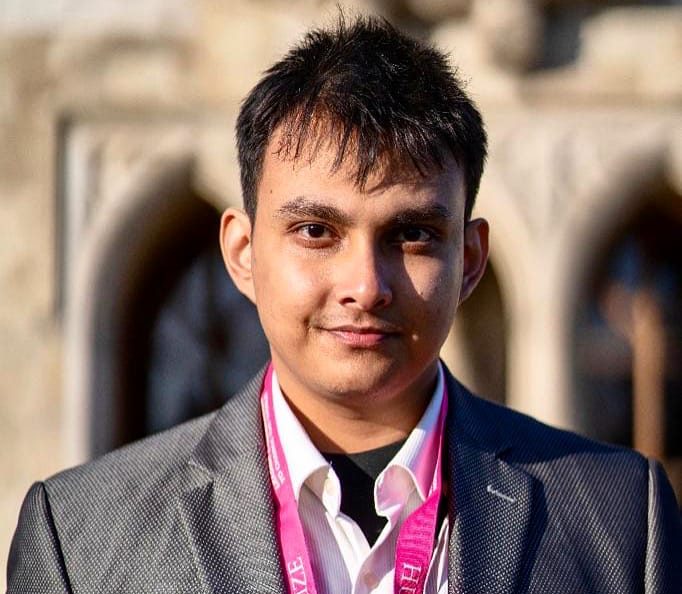Selfish Unity Threatens Bangladesh’s Democracy and Economy

On May 26, 2025, BNP standing committee member Ameer Khosru Mahmud Chowdhury addressed a gathering at the Dhaka Reporters’ Unity auditorium in Segunbagicha, Dhaka. Speaking at the launch event of the online news portal “ShirshoNews.com,” Khosru criticized opposition leaders for invoking “unity” purely for personal or factional gain, arguing that such self-serving appeals deepen divisions rather than foster genuine solidarity.
Khosru’s Remarks
Khosru contended that true political unity must be grounded in democratic principles and widespread ownership. “If you speak of unity for your own advantage, that is not unity,” he asserted, emphasizing that excluding contributors to the movement and monopolizing credit weakens stakeholder trust. He questioned the credibility of calls for the removal of Prime Minister Sheikh Hasina if they fail to acknowledge all those who played a role in past victories. Khosru also praised recent statements by the army chief affirming respect for democratic governance and pledging that the military would refrain from interventions—an endorsement he said was unprecedented globally.

Threat to Democratic Processes
Analysts warn that the sort of “tricky unity” Khosru describes risks undermining Bangladesh’s fragile democratic transition. A recent report highlights how continued political fragmentation and lack of inclusive dialogue can stall reforms and entrench polarization, potentially opening the door to extra-constitutional interventions. International observers also note that prolonged negotiations without clear election timelines exacerbate uncertainties about civilian supremacy, fueling public skepticism about the government’s commitment to holding a credible vote.
Economic Consequences
Political instability has had a tangible impact on Bangladesh’s economic outlook. The Asian Development Bank projects that real GDP growth will slow to 3.9 percent in fiscal year 2025, down from 5.1 percent the previous year, citing policy uncertainty and weakened investor confidence as key factors. Meanwhile, the IMF observed that GDP growth in the first half of FY2025 fell to 3.3 percent year-on-year, attributing the decline to recent widespread unrest, tighter fiscal-monetary policies, and heightened risk perceptions among businesses. According to Bangladesh Bank data, foreign direct investment has also contracted sharply: net FDI inflows dropped by 71 percent to just USD 104.33 million in the July–September quarter of FY2024–25, the lowest level in at least six years.

Conclusion and Way Forward
Political leaders and business representatives stress that a durable economic recovery hinges on restoring political stability and advancing democratic reforms. At a recent meeting with the Bangladesh Investment Development Authority, stakeholders underscored that transparent governance, timely elections, and policy consistency are vital for attracting much-needed foreign investment. Observers argue that genuine, inclusive unity—built on democratic norms rather than narrow interests—will be essential to safeguarding Bangladesh’s democratic gains and stabilizing its economy ahead of the next general election.












